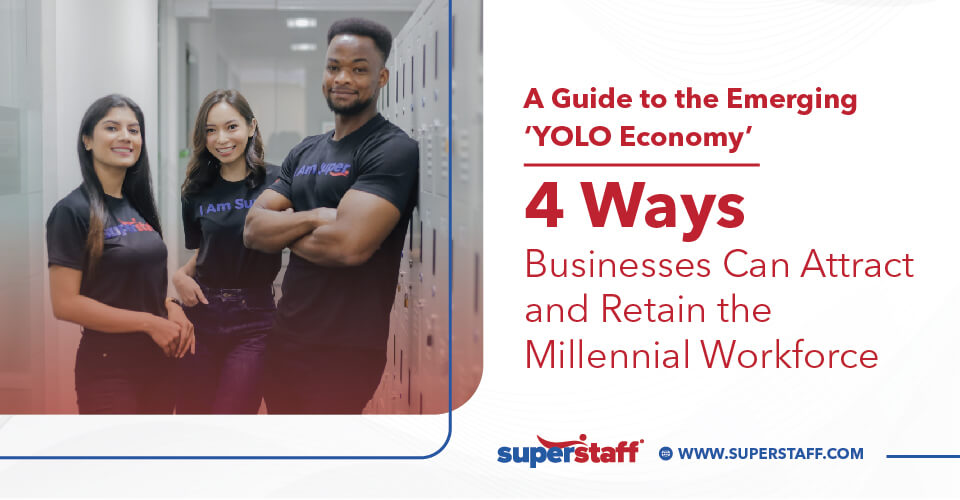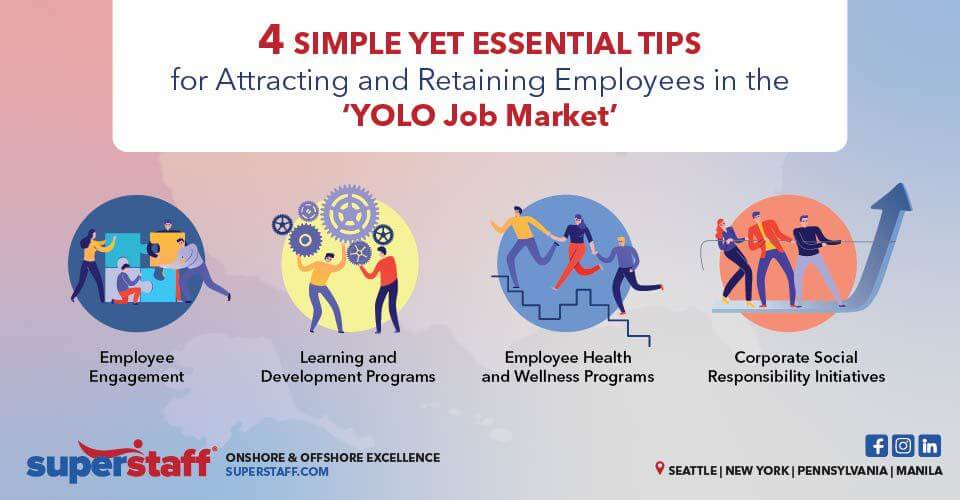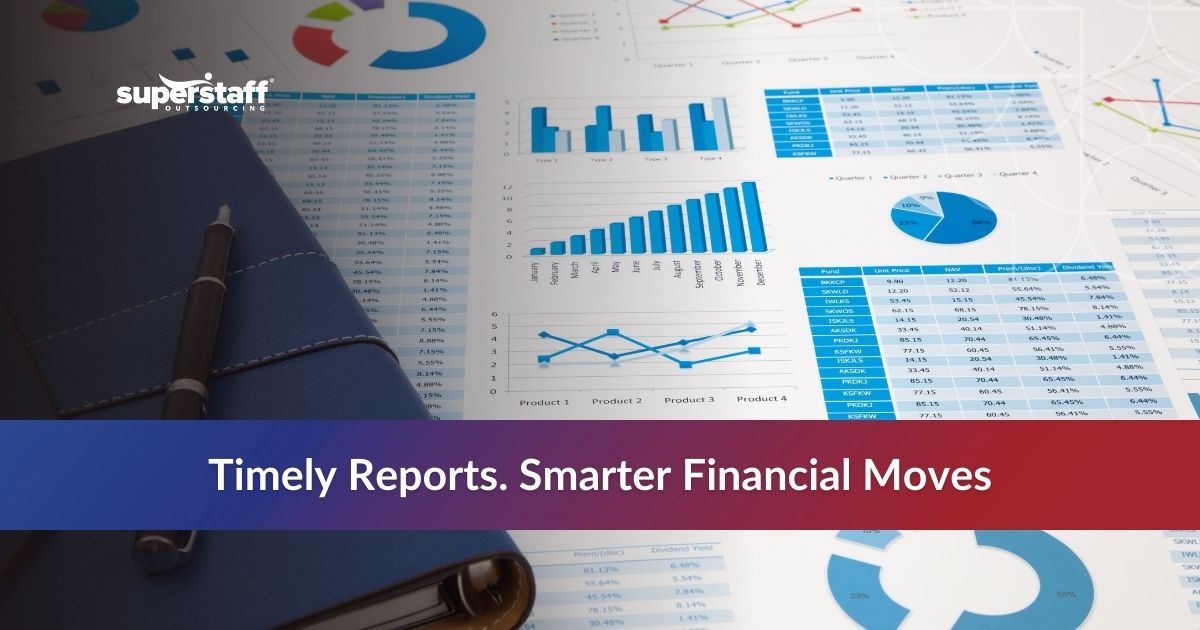
In 2021, the New York Times observed a shift in the American post-pandemic work culture. Unlike past generations that prioritized cushy office jobs, Millennials (aged between their late 20s to early 30s) began de-prioritizing steady employment and veered toward more high-risk ventures. This phenomenon became known as the “YOLO economy.”
Much like “The Great Resignation,” the emerging “YOLO economy” led many people to resign. However, the “YOLO” phenomenon is different because employees leave for entrepreneurship and self-employment instead of merely switching employers.
The term “YOLO economy” is derived from the acronym “YOLO,” meaning “you only live once.” This phrase was popularized by the rapper Drake in the early 2010s when many Millennials were entering the workforce.
For these young professionals, the “YOLO” mindset reminded them to make the most of their lives and live to their fullest potential, even if it meant making risky decisions. Some establish their businesses or turn their side hustles into full-time gigs, while others invest in cryptocurrencies and meme stocks or work on creative projects.
What Is Driving the ‘YOLO Economy’?
Pandemic burnout made people re-evaluate their career paths and priorities.
To understand how the current “YOLO job market” came about, we first need to understand the ripple effects the COVID-19 crisis had on the workforce. For many people, the pandemic was a source of great emotional turmoil, from anxiety about health and safety or dealing with stressful workloads to grieving the loss of loved ones or simply losing a sense of stability and normalcy.
Pandemic burnout contributed to “The Great Resignation,” which drives the “YOLO economy.” According to a survey of people who voluntarily resigned from their jobs, 92% said that COVID-19 made them re-evaluate their priorities and realize that life was too short to stay in a position they weren’t passionate about.
Upon leaving their previous employers, many of these people realized that they wanted to pursue a less traditional path that would bring them fulfillment, despite being a riskier pursuit.
The emergence of NFTs and cryptocurrencies opened new doors for the YOLO generation.
The rise of the “YOLO economy” can be owed partly to the emergence of various new technologies. As the world becomes increasingly digitized, more and more new ways of investing and earning money are being created.
Digital assets such as non-fungible tokens (NFTs) and cryptocurrencies like Bitcoin and Etherium are becoming popular with many, especially young professionals searching for an alternative to the usual employment and money-making schemes. Unlike traditional financial assets like stocks and bonds, cryptocurrencies are accessible to everyone and take place on a transparent, publicly distributed blockchain ledger.
Many also see these digital assets as protection against inflation. Every cryptocurrency is released with a fixed amount, meaning that as the demand increases, its value will increase with the market instead of declining in value like traditional currencies.
A greater desire for remote work and schedule flexibility drives the ‘YOLO economy.’
The pandemic has changed workers’ priorities. In the past, competitive pay and benefits were enough to stay loyal to an employer. However, when the pandemic came, and workers were urged to stay home and work remotely, many employees began seeing flexible work as a bigger priority.
According to a 2021 LinkedIn Workforce Confidence survey, 50% of workers say that job flexibility, in terms of hours or location, has become more important to them after the COVID-19 pandemic.
All four main workplace generations, from baby boomers to Gen Z, see remote work and schedule flexibility as a priority. However, the desire for flexibility is seen most keenly among Millennials, with over 55% stating that they seek this benefit when job hunting.
Since there are a limited number of job opportunities that offer flexible work arrangements, many Millennials have turned to the “YOLO economy” mindset. By freelancing or taking on multiple side hustles, many young professionals could take control of their schedules and locations.

4 Simple Yet Essential Tips for Attracting and Retaining Employees in the ‘YOLO Job Market’
1. Be open to feedback and invest in employee engagement.
According to a 2022 Gallup poll, only 32% of employees feel engaged in their work, while 17% say they are actively disengaged. Feeling disengaged from their job is one of the reasons why many young professionals leave corporate life entirely and pursue side hustles and other risky ventures.
Since many young professionals don’t feel connected to their work, the “YOLO economy” has become a more tempting idea, prompting them to look beyond their “day job” for creative opportunities. In the 2022 Microsoft Work Trend Index, 70% of Gen-Zs and 67% of Millennials say they want to earn extra income through a side project or by establishing their own business.
For businesses that want to continue attracting the Millennial workforce, let your employees know that you care about them and their personal and professional development. Allow them to voice their feedback and opinions about how the workplace culture can be improved. Then, provide engagement activities and programs to help your workers find a community they belong to and feel actively connected with.
2. Create mentorship or learning and development programs for employees.
Finding meaning and purpose in their careers matters to many people. According to one survey, a majority of workers say that they want a job that:
- Is fulfilling (69%)
- Allows them to be themselves (66%)
- Has a team that cares about their well-being (60%)
- Enables them to be creative and innovative (60%)
As the pandemic ended, people began reevaluating what they wanted their lives and careers to be like, with many realizing that they didn’t feel happy or satisfied in their current roles. The “YOLO economy” became an enticing prospect because it allowed them to explore their options and see what new skills they could learn or what tasks interested them.
Suppose businesses want to help prevent their employees from throwing caution to the wind and quitting their roles to go soul-searching. In that case, one strategy could be to allow workers to upskill and explore interests within the company.
3. Make employee health and wellness a priority.
At the height of the pandemic, many people faced incredible stress and trauma, bringing to light the issue of mental health. Since they make up more than half of the global workforce, Millennials were the generation most affected by the stresses of COVID-19, and they have even been dubbed the “burnout generation.”
As a result of pandemic burnout, many Millennial employees are leaving their traditional 9-5 jobs to pursue what they perceive to be less physically and emotionally taxing work, such as side hustles or freelancing. If you want to prevent your employees from transitioning to the “YOLO job market,” one thing you can do is to let them know that you care about their mental health and well-being.
Establish proactive policies or wellness and assistance programs that address work-related stress. Make sure your employees know it’s okay to ask for help by making mental health resources easily accessible. In addition, companies can also design career tracks and work arrangements that address workers’ needs at different stages of their lives.
4. Boost corporate social responsibility initiatives.
We live in the age of “conscious consumerism,” and Millennials are at the forefront of this shift in priorities. Numerous studies have found that Millennials, more than any other generation, care deeply about corporate social responsibility.
In one survey, 81% of Millennials say they expect companies to commit to good corporate citizenship. Another research found that 91% of Millennials prefer to engage with employers or brands that take a stand on important causes.
Part of why the “YOLO economy” is so widespread is because young people who establish their businesses or freelance could pick and choose to work with clients whose values and goals align with their own. When companies become transparent about their social responsibility initiatives, more Millennials will be willing to support their brand and stay with the organization.
Some of the most common corporate social responsibility initiatives include:
- Committing to diversity and inclusion in the workplace
- Making environmentally conscious investments or environment-friendly corporate policies
- Providing workplace volunteering opportunities
- Improving labor practices
- Supporting charities or nonprofits
Tap Into the Millennial Workforce With Help From a Recruitment Process Outsourcing Provider
Without a highly competent workforce, even the most sophisticated strategy can’t drive success for your organization. Are you ready to build your talent pool and maximize your business’s growth potential?
At SuperStaff, we provide comprehensive recruitment process outsourcing solutions. Through RPO services, businesses can find and recruit quality workers even as the “YOLO economy” grows and other disruptions emerge in the labor market. Let us help you tap into the large pool of talented Millennial workers.
Contact us today for more information on our RPO solutions!






